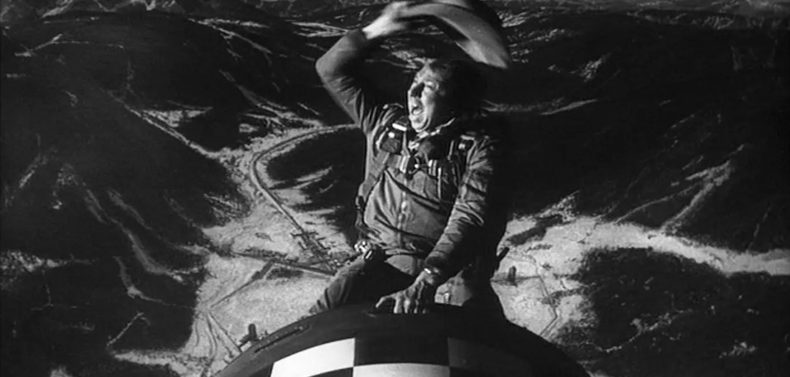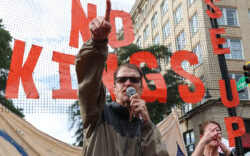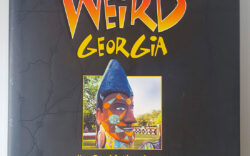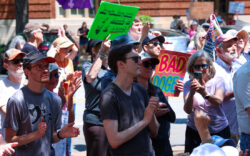On the eve of World War I in 1914, British Foreign Secretary Sir Edward Grey lamented, “The lamps are going out all over Europe, we shall not see them lit again in our lifetime.” Today the lights of civilization are dimming again as Russia continues its bloody invasion of neighboring Ukraine.
Russian tsar-wannabe Vladimir Putin has plunged his nation into war against a country that is putting up a strong struggle against Russian rule as Ukraine military forces and ordinary citizens fight back against daunting odds. As refugees left Ukraine by the millions, millions of other citizens still in the country huddled in bomb shelters with a grim resolve reminiscent of the “Keep Calm and Carry On” attitude of the British people during the Nazis’ Blitzkreig bombing attacks on London.
Putin’s war against Ukraine has earned enmity inside his country and around the world, but Putin has continued and expanded his usual policies of arresting protesters and silencing dissident voices in the media, while reminding a wary world that he is in control of Russia’s vast nuclear arsenal. Putin’s words and actions convey dread to a world already beset by the three tribulations of war, authoritarianism and catastrophic climate change. For many Americans my age who have grown up in the Atomic Age, Putin’s military madness brings back memories of the Cold War struggle between the United States and the Soviet Union after World War II.
I still can remember “Duck and Cover” Civil Defense drills during the 1950s telling school children to hide under their desks if the Ruskies dropped a nuke on Atlanta. As the ‘60s dawned, the Cold War continued, and the 1962 Cuban Missile Crisis brought the world perilously close to nuclear war. Sixty years ago was an American Graffiti time in this nation, a time of hot rods and sock hops, black-and-white television, and black and white segregation. The Cuban Missile Crisis reminded “Happy Days” Americans that the specter of nuclear war haunted their suburban dreams. Movies, books and television shows brought tales of Atomic Age Armageddon to audiences of millions as the possibility of nuclear war entered popular culture.
In 1959 the movie On the Beach depicted the last dying days of humankind in the aftermath of a nuclear war that spread deadly radiation around the world. In 1964 two films about nuclear war hit theaters across America. Fail Safe was the tale of deadly brinkmanship and a Faustian bargain to avert an atomic Armageddon. Dr. Strangelove was a dark comedy that is a film classic today. Its mordant subtitle captured the fatalistic mood of many during times of nuclear tension: “How I Learned to Stop Worrying and Love the Bomb.”
Just months after World War II ended, author John Hersey enthralled millions of readers with his book Hiroshima, which told the story of six survivors of the atomic bombing of the title city in 1945. Hiroshima was a true story, but the threat of nuclear annihilation also was fodder for fiction during the perilous times of the Cold War. In 1959 author Pat Frank published Alas, Babylon, his novel about people in a small Florida town who survive an atomic war. Alas, Babylon was adapted for television and shown on the famed CBS series “Playhouse 90” in 1960. In 1963, writer Philip Wylie delivered a chillingly realistic story of nuclear conflict between America and Russia in his novel ironically titled Triumph. On American television, the sci-fi series “The Twilight Zone” in 1961 aired an episode titled “The Shelter.” Written by “Twilight Zone” creator Rod Serling, the episode shows the descent into savagery of suburban neighbors who fear that America is under attack.
Since the Atomic Age began, nuclear war has been the stuff of fiction in movies, books and television. In today’s world bristling with nuclear warheads and bustling with dictators, fiction could become fact. Putin’s military misadventure in Ukraine should remind us today to remember words written by Albert Einstein in 1946: “The unleashed power of the atom has changed everything save our modes of thinking, and we thus drift toward unparalleled catastrophe.”
Like what you just read? Support Flagpole by making a donation today. Every dollar you give helps fund our ongoing mission to provide Athens with quality, independent journalism.










